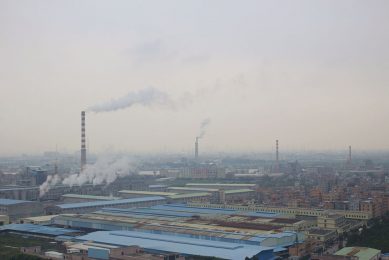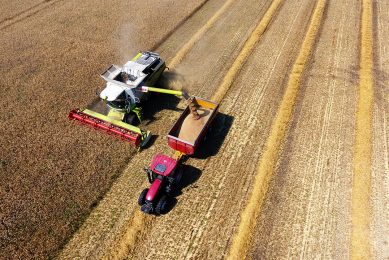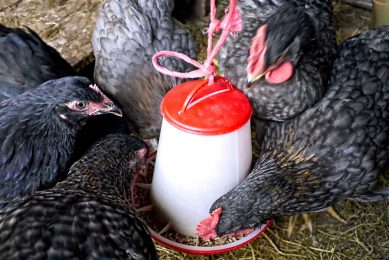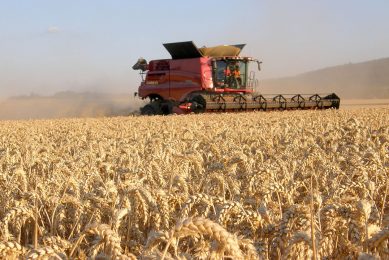China’s grain reserves free from contamination
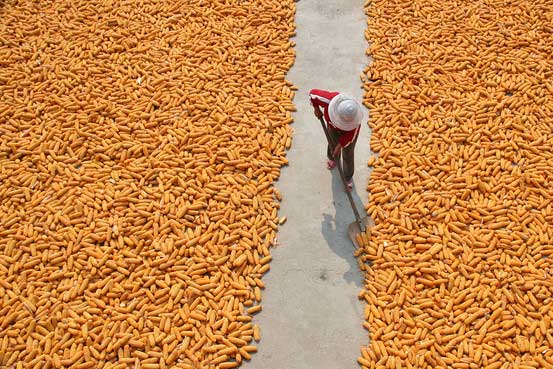
China has conducted a nationwide inspection of its grain reserves and found them safe for consumption, a senior official of the State Administration of Grain (SAG) said.
According to a statement by SAG deputy head Zeng Liying, the inspection indicates that the state’s grain reserves are "well-preserved" and grain inventory is trustworthy.
During the inspection, which was conducted over the first half of last year, 5,370 samples were taken from 1,157 grain depots nationwide. Inspectors checked the samples for contaminants such as pesticide residue, heavy metals and mycotoxins. The results showed that 97.3% of the samples were found to be of "safe" quality.
The announcement came as the country increased efforts to reap summer grains in 2011 while some of its grain production provinces are plaguing by a lingering drought and deadly floods.
The country’s grain output rose 2.9% year-on-year in 2010 to reach 546.41 million metric tonnes, marking the seventh consecutive year of growth.
Another inspection, this time of wheat reserves that were purchased in 2010 summer in provinces of Jiangsu, Anhui, Hubei and Henan, found that 1,656 of the inspection’s 5,378 samples contained an excessive amount of mycotoxins, according to the SAG statement.
A total of 1.75 million metric tons of contaminated wheat was sealed up to prevent the spread of mycotoxins, the statement said. The administration did not mention whether contaminated grain reserves were found elsewhere.




